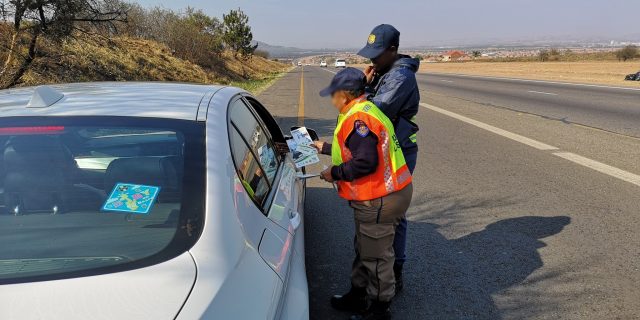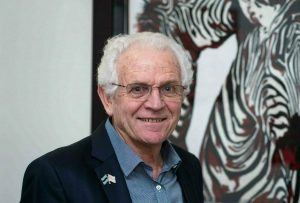It is a sad day when the Tshwane Metro Police (TMPD) has to request motorists to take photographs of officers and registration numbers of metro police officers who try to bribe, threaten and exploit them, says the car sales industry union Misa.
For example, the Johannesburg Metropolitan Police recently announced that its officers will soon be required to wear body cameras in an effort to combat corruption.
“The Johannesburg Metropolitan Police Department recently dismissed six officers, while the TMPD is investigating 50 of its officers. At least three Ekurhuleni Metro Police officers have been arrested on charges of kidnapping, theft, extortion and obstruction of justice.
“In the Western Cape, three police officers were arrested for kidnappings where ransoms were demanded from family members. This is the bizarre new normal to which law-abiding citizens must adapt,” says Martlé Keyter, head of Misa.
RNews has reported several times lately about corruption among metro police officers who are running a reign of terror on Tshwane’s streets.
After the TMPD itself was inundated with complaints from motorists who had passed under corrupt metro police officers, the department issued a directive granting motorists permission to ask for a metro police officer’s appointment certificate and even take a photo of the officer or their vehicle.
According to Keyter, one of Misa’s employees was recently involved in an extortion incident in Pretoria where the metro police set up a roadblock at the Atterbury exit on the N1 highway.
“After he was unable to transfer money to the mobile phone numbers of six officers, the driver had to go to the nearest ATM to withdraw money.
“He went to the Sinoville police station where officers refused to open a case because he did not have a name of the suspect. He was standing in front of the police officers when the corrupt Tshwane metro police officer called him from her personal mobile phone and asked for her money. Yet they didn’t file a case,” says Keyter.
A corruption case was filed the next day at Lyttelton Police Station which confirmed that the victim was involved in an extortion incident. But this is just one of a multitude of cases being investigated, says Misa.
What are motorists to do?
Police officers told Misa that motorists can refuse to stop, turn on their emergency lights and indicate that they are driving to the nearest police station when they are afraid to stop for the metro police officers.
Misa also sought the opinion of Wessie Wessels, a lawyer who specializes in criminal law, about what motorists have to do in such a situation. “According to Wessels, you must be alert while driving.
If you are pulled over at a roadblock, stop in bright light, ask for identification, take pictures and videotape yourself. Don’t run a red light without stopping, don’t drink and drive, don’t speed.
“The reasonable person should stop when pulled over by an officer unless they feel unsafe. Only then can you switch on your emergency lights and drive calmly and orderly to the nearest police station.”
However, Keyter says that in the current climate, the “normal actions of the reasonable person” are not so clear-cut.
“Kidnapping in South Africa is four times more than ten years ago, according to the Institute for Security Studies. The most recent crime statistics showed a 25% increase in carjackings. We are fighting a war on violent crime.
“Motorists must act responsibly and protect themselves and their loved ones,” says Keyter.








